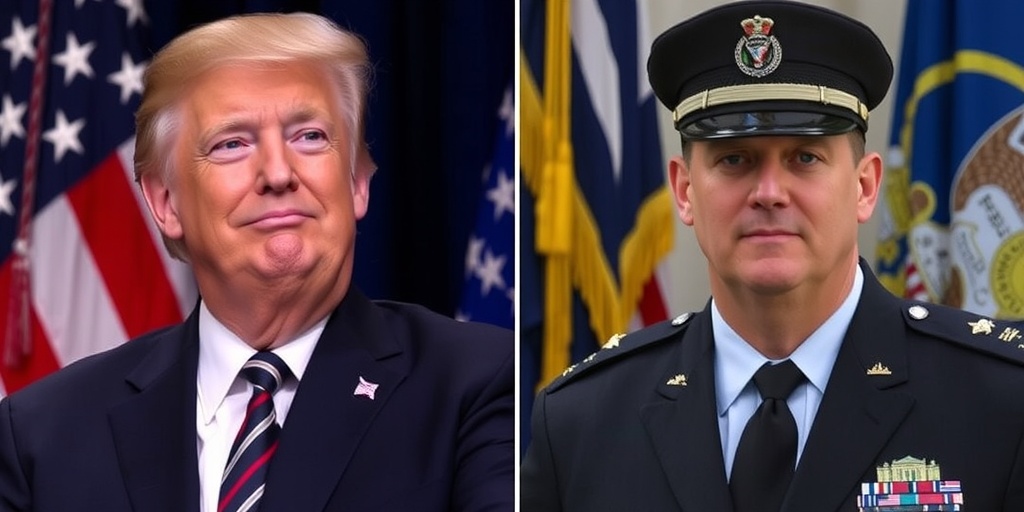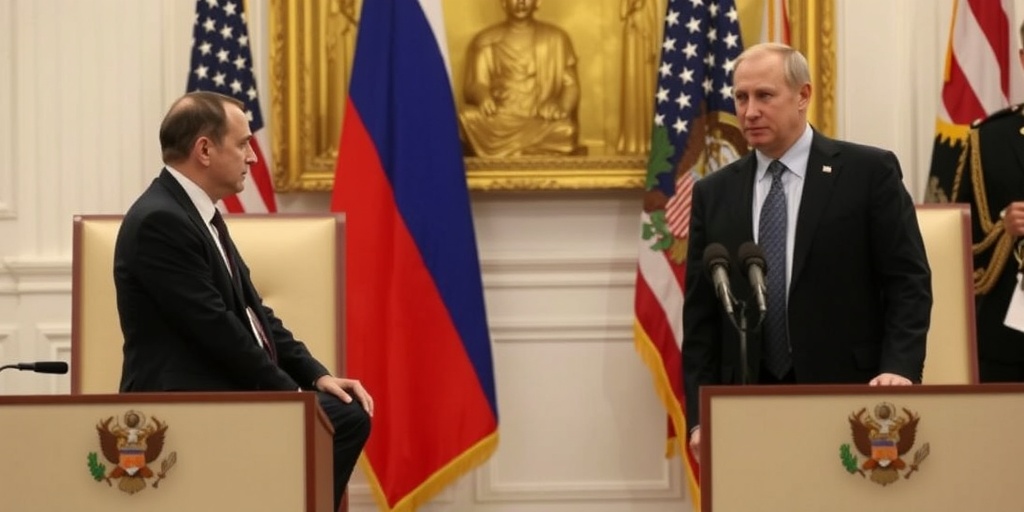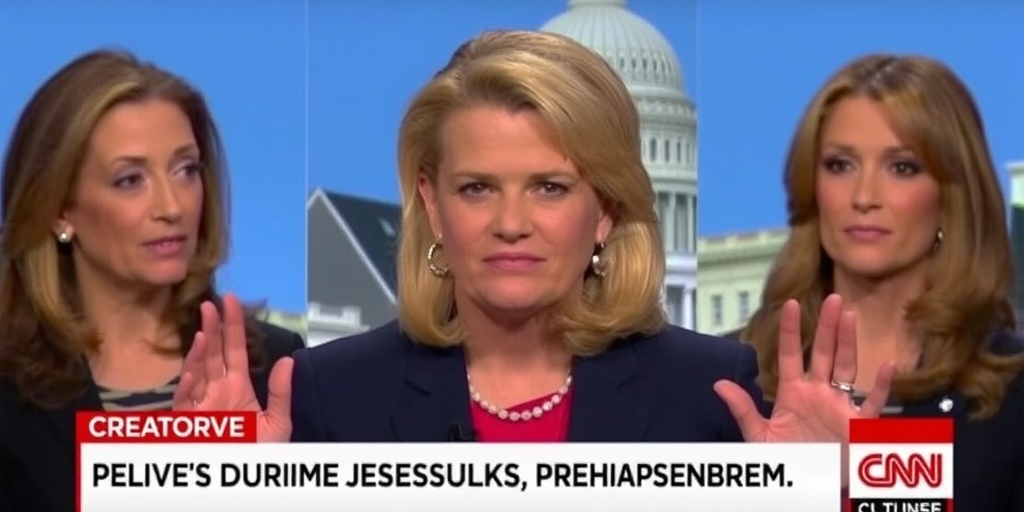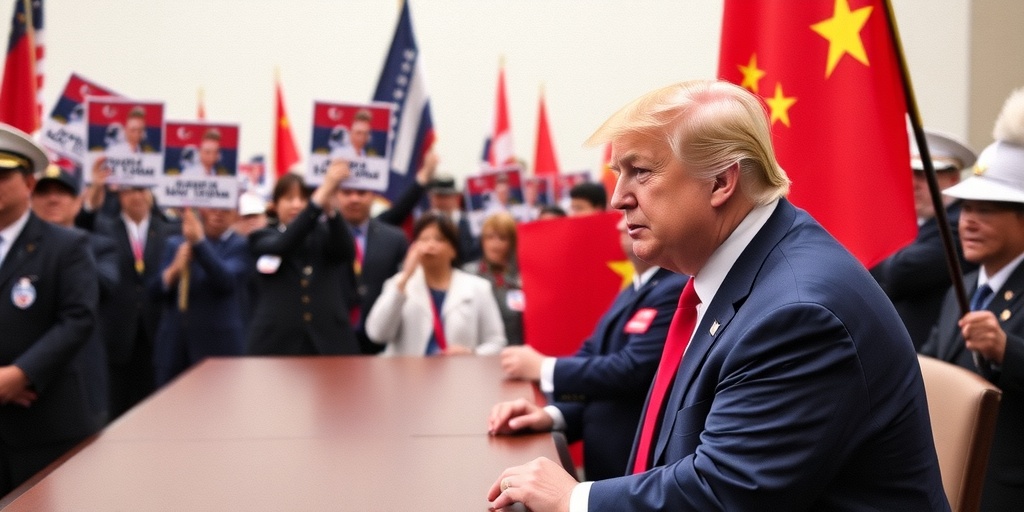Now Reading: Trump Appoints Flynn and Allies to Lead Military Academies
-
01
Trump Appoints Flynn and Allies to Lead Military Academies
Trump Appoints Flynn and Allies to Lead Military Academies

Trump Appoints Conservative Allies to Oversee U.S. Military Academies
In a significant move on Monday, former President Donald Trump took steps to assert his influence over the U.S. military service academies by appointing a roster of conservative activists and political allies to the boards responsible for these esteemed institutions. Among those appointed are notable figures such as Michael T. Flynn, the former national security adviser, and Walt Nauta, a military aide implicated in legal investigations surrounding Trump himself.
Walt Nauta has been named to the board overseeing the U.S. Naval Academy in Annapolis, Maryland. Nauta, who served as a White House valet during Trump’s presidency, has faced serious legal troubles, having been charged with helping Trump obstruct the government’s attempts to recover highly sensitive documents that the former president allegedly retained after leaving office. This incident is among four criminal cases that have cast a shadow over Trump’s political activities, particularly during his recent presidential campaign.
On the other hand, Michael Flynn, a retired lieutenant general who served as Trump’s national security adviser during the first term, has been appointed to the oversight board of the U.S. Military Academy at West Point, New York. Flynn’s past is not without controversy; he twice pled guilty to lying to the FBI regarding his contacts with a Russian diplomat during investigations into the Trump campaign’s ties with Russian officials. After these legal troubles, Trump granted Flynn a pardon, allowing him to mount a return to public life.
In addition to Flynn and Nauta, Trump has filled the oversight boards with a range of allies who have vocally supported his agenda. This includes Charlie Kirk, a prominent conservative activist whose organization supported Trump during the 2024 election, and Dina Powell, who served as a deputy national security adviser in Trump’s administration. Other notable appointees include Sean Spicer, Trump’s first White House press secretary, and Maureen Bannon, the daughter of influential political strategist Steve Bannon.
Kirk’s appointment to the board of the U.S. Air Force Academy has drawn particular scrutiny due to his previous comments criticizing U.S. military leadership. Prior to Trump’s presidency, Kirk and other conservatives condemned what they perceived as a decline in military standards, blaming the Biden administration for a supposed "softening" of the armed forces. Following the election in 2020, Kirk publicly expressed confidence that new leadership, including Defense Secretary Pete Hegseth, would eliminate initiatives aimed at promoting diversity and inclusion within the military.
Kirk’s remarks reveal a broader ideological struggle within U.S. military institutions. He has been quoted as dismissing reforms aimed at inclusivity, stating that “the military is not a place for touchy feelings and nonsense.” His outspoken views align with a significant influx of political scrutinies directed at military affairs, leading to a divide between traditional military values and the contemporary push for diversity and representation.
In an earlier sweeping move, the Trump administration had purged the oversight boards at the U.S. Military Academy, Naval Academy, and Air Force Academy, branded as having been “infiltrated by Woke Leftist Ideologues.” These changes signify a broader trend of conservative efforts to reshape military culture, often referred to by detractors as a “woke” agenda within the armed services.
This push for change has not only impacted board appointments but has also affected policies within the academies themselves. For instance, in February, the West Point Academy ordered the disbanding of twelve officially sanctioned clubs designed to promote women and underrepresented groups, citing compliance with newly established directives from the Trump administration regarding diversity, equity, and inclusion.
Critics of these changes assert that such actions undermine the core principles of leadership development in military academies, which have been traditionally inclusive spaces designed to foster diverse leadership. Supporters, however, argue that these reforms are necessary to restore what they see as the military’s original purpose and values.
As these appointments and policies unfold, they represent not only a tactical maneuver by Trump to consolidate power but also a reflection of the deep ideological battles currently shaping the U.S. military’s future. The longer-term implications of these changes will likely reverberate through military culture and policy debates in the years to come, particularly as stakeholders address the balance between tradition and modern-day social values in armed services.
Stay Informed With the Latest & Most Important News
Previous Post
Next Post
-
 01New technology breakthrough has everyone talking right now
01New technology breakthrough has everyone talking right now -
 02Unbelievable life hack everyone needs to try today
02Unbelievable life hack everyone needs to try today -
 03Fascinating discovery found buried deep beneath the ocean
03Fascinating discovery found buried deep beneath the ocean -
 04Man invents genius device that solves everyday problems
04Man invents genius device that solves everyday problems -
 05Shocking discovery that changes what we know forever
05Shocking discovery that changes what we know forever -
 06Internet goes wild over celebrity’s unexpected fashion choice
06Internet goes wild over celebrity’s unexpected fashion choice -
 07Rare animal sighting stuns scientists and wildlife lovers
07Rare animal sighting stuns scientists and wildlife lovers





















